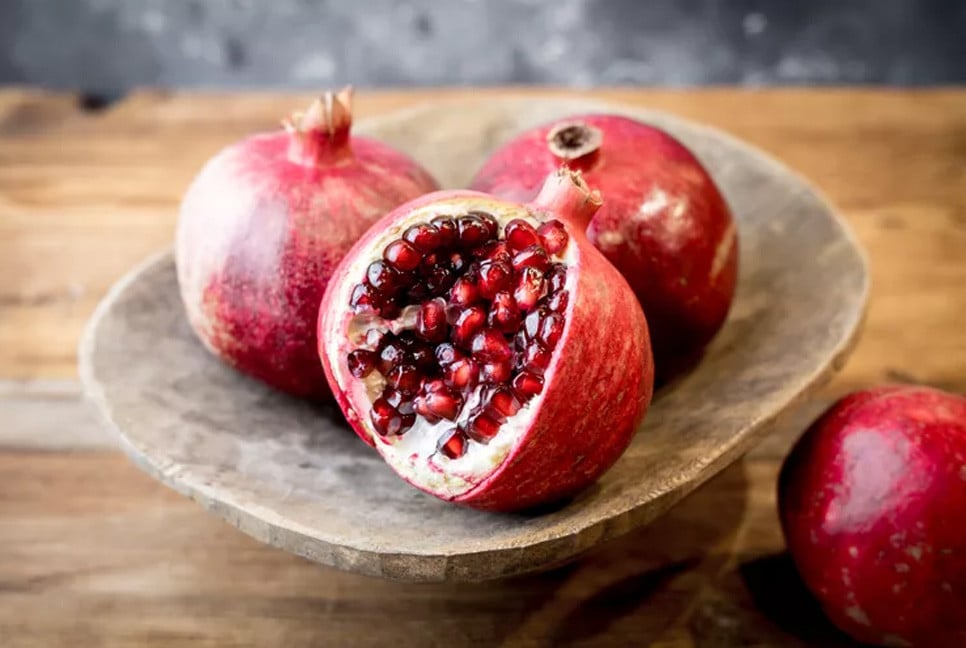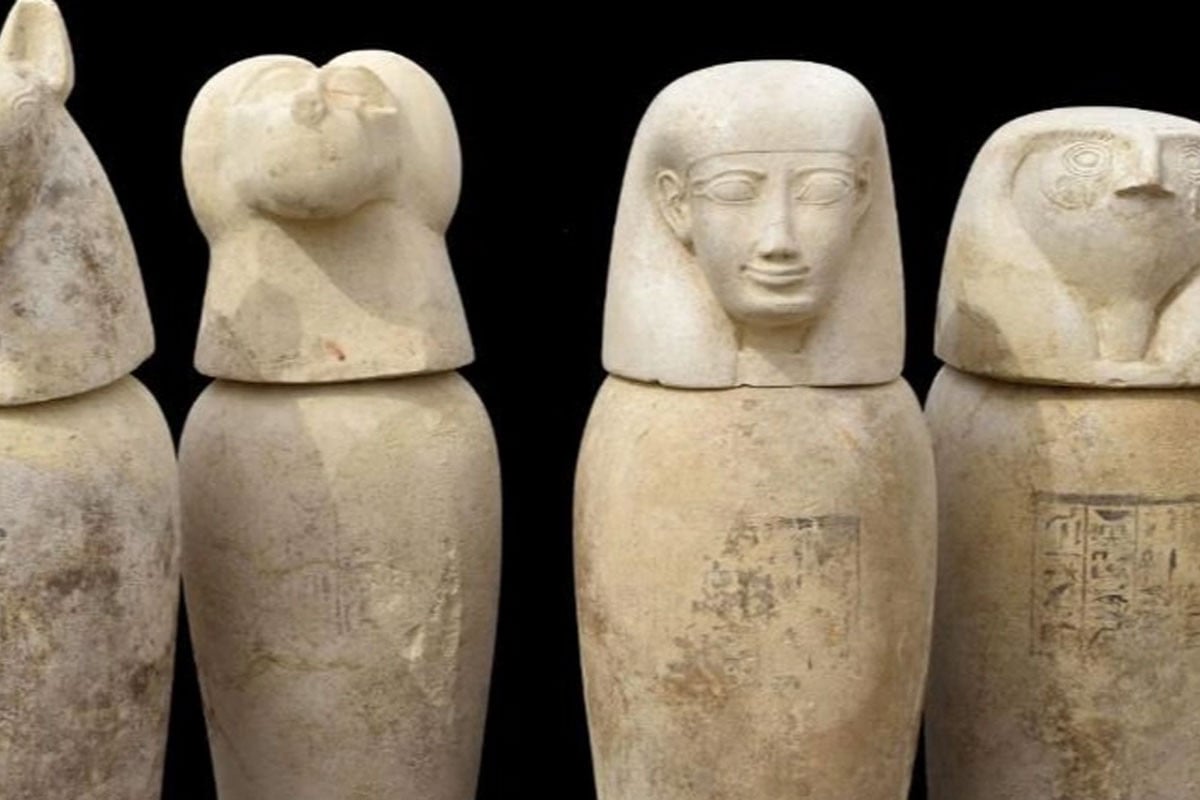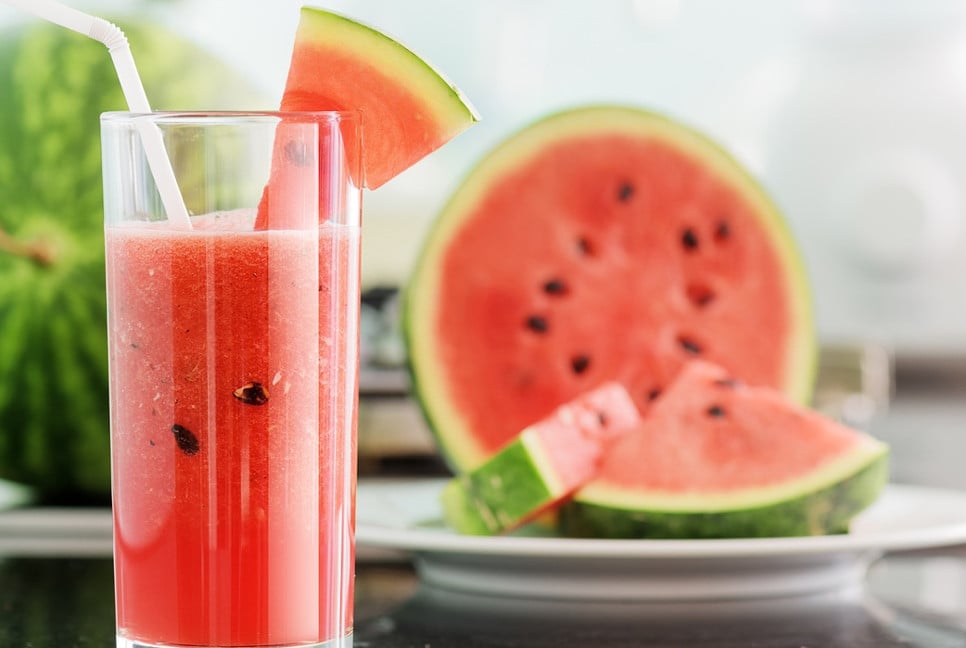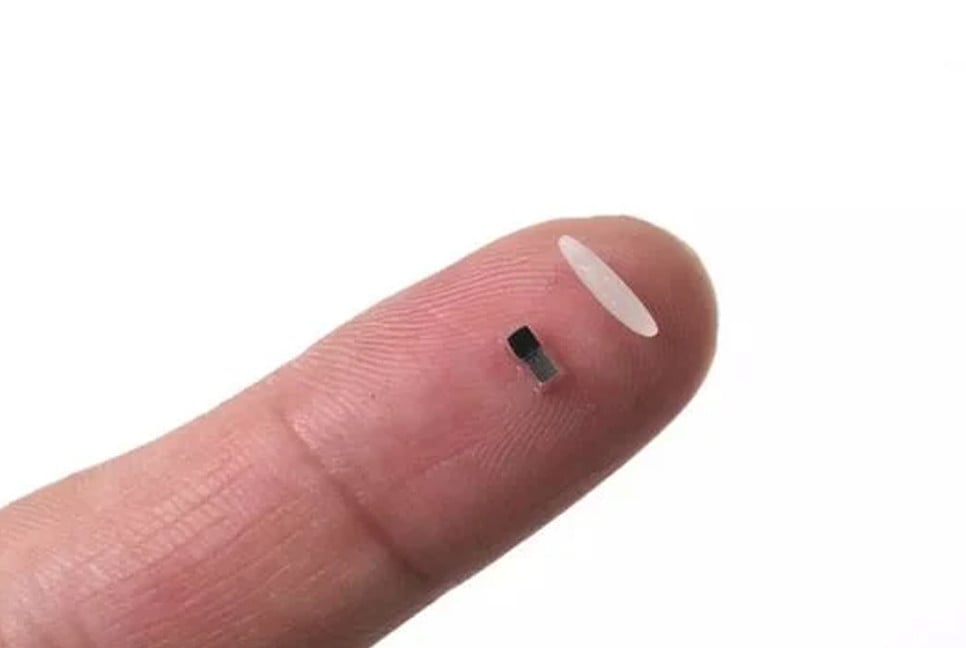Pomegranate (Punica granatum L.) is a fruit that’s native to Asia but cultivated in many areas of the world, including the U.S. and the Mediterranean region. The seeds, or arils, and juice of this superfood have a sweet, slightly tart taste and provide a variety of nutrients and protective plant compounds. Pomegranates are often categorized as a “superfood” because of their many health benefits.
1. A Source of Antioxidant and Anti-Inflammatory Compounds
Drinking pomegranate juice may help reduce inflammatory markers and protect against cellular damage due to its high concentration of protective plant compounds such as ellagitannins, anthocyanins, and organic acids.
These substances have powerful antioxidant and anti-inflammatory activity and help protect cells against oxidative damage. A small study found that the participants who drank pomegranate juice every day for 15 days had reduced inflammatory marker C-reactive proteins (CRP) and less evidence of muscle damage.
Similarly, a study of people hospitalized with COVID-19 found that the participants who drank pomegranate juice daily for 14 days showed fewer inflammatory markers than baseline.
2. May Support Post-Exercise Recovery
Pomegranate juice is high in anti-inflammatory and antioxidant compounds, which may benefit people with high levels of physical stress. Drinking pomegranate juice may help decrease oxidative damage caused by physical stress (like exercise) and promote antioxidant defenses after intense physical activity, thus promoting muscle recovery.
A small study that included nine elite weightlifters found that the participants who drank pomegranate juice before training sessions had reduced levels of a marker of oxidative stress called malondialdehyde (MDA). Researchers also saw increased activity levels of antioxidant enzymes, including glutathione peroxidase (GpX).
Although more research is needed, some evidence also suggests that drinking pomegranate juice may help increase athletic performance, promote recovery after exercise, and improve cardiovascular responses while exercising.
3. May Promote Heart Health
Study findings suggest that consuming pomegranates may help reduce heart disease risk factors such as high blood pressure and high blood lipid levels. This is due to their high concentration of antioxidant and anti-inflammatory compounds.
A small study of people with type 2 diabetes demonstrated that drinking pomegranate juice daily for six weeks resulted in significantly reduced systolic and diastolic blood pressure levels when compared to a control group.
Another study of people undergoing dialysis treatment showed similar results. Participants drank pomegranate juice immediately after dialysis sessions three times a week for eight weeks. Results showed that these participants had significantly decreased blood pressure levels and reduced levels of triglycerides and other inflammatory markers compared to those who received no treatment. The juice also increased blood antioxidant levels and levels of heart-protective HDL cholesterol.
4. May Enhance Cognitive Health
Because of their high antioxidant levels, pomegranates may help prevent nerve cell damage caused by reactive compounds called free radicals. Some evidence suggests that drinking pomegranate juice may improve certain aspects of cognitive health, such as memory.
A study of middle-aged and older adults found that those who drank 8 ounces of pomegranate juice daily for one year maintained their visual memory performance compared to the placebo group. In addition to protecting nerve cells from oxidative damage, the study found that the compounds in pomegranate juice may increase activity in regions of the brain responsible for controlling visual memory functions.
Nutritional Facts of Pomegranate
Pomegranates are highly nutritious and provide a number of important nutrients.
Here’s the nutrition breakdown for a one-cup serving of pomegranate arils:
- Calories: 144.4
- Carbohydrates: 32.6 grams (g)
- Fiber: 6.96 g
- Protein: 2.9 g
- Fat: 2.04 g
- Potassium: 410 milligrams (mg) or 9% of the Daily Value (DV)
- Vitamin B5: .656 mg or 13% of the DV
- Vitamin C: 17.74 mg or 20% of the DV
- Vitamin E: 1.044 mg or 7% of the DV
- Folate: 66.2 mg or 17% of the DV
- Vitamin K: 18.6 micrograms (mcg) or 18% of the DV
- Manganese: .208 mg or 9% of the DV
Pomegranate arils are a rich source of fiber, which is important for digestive health. Fiber helps fuel the beneficial bacteria that reside in your digestive tract and helps promote regular and comfortable bowel movements, protecting against constipation.
Pomegranate arils are also high in a number of essential vitamins and minerals. One of them is vitamin C, a nutrient that acts as a powerful antioxidant in the body and is necessary for immune function, collagen production, protein metabolism, and the production of neurotransmitters.
Additionally, pomegranates are a good source of folate, a nutrient that’s especially important during pregnancy as it plays important roles in fetal growth and development.
Pomegranates also provide other nutrients, including potassium, a mineral that’s low in most American’s diets. Potassium is needed for blood pressure regulation, nervous system function, and many other critical bodily processes, which is why including potassium-rich foods and drinks in your diet is so important.
Bd-pratidin English/Lutful Hoque




































































